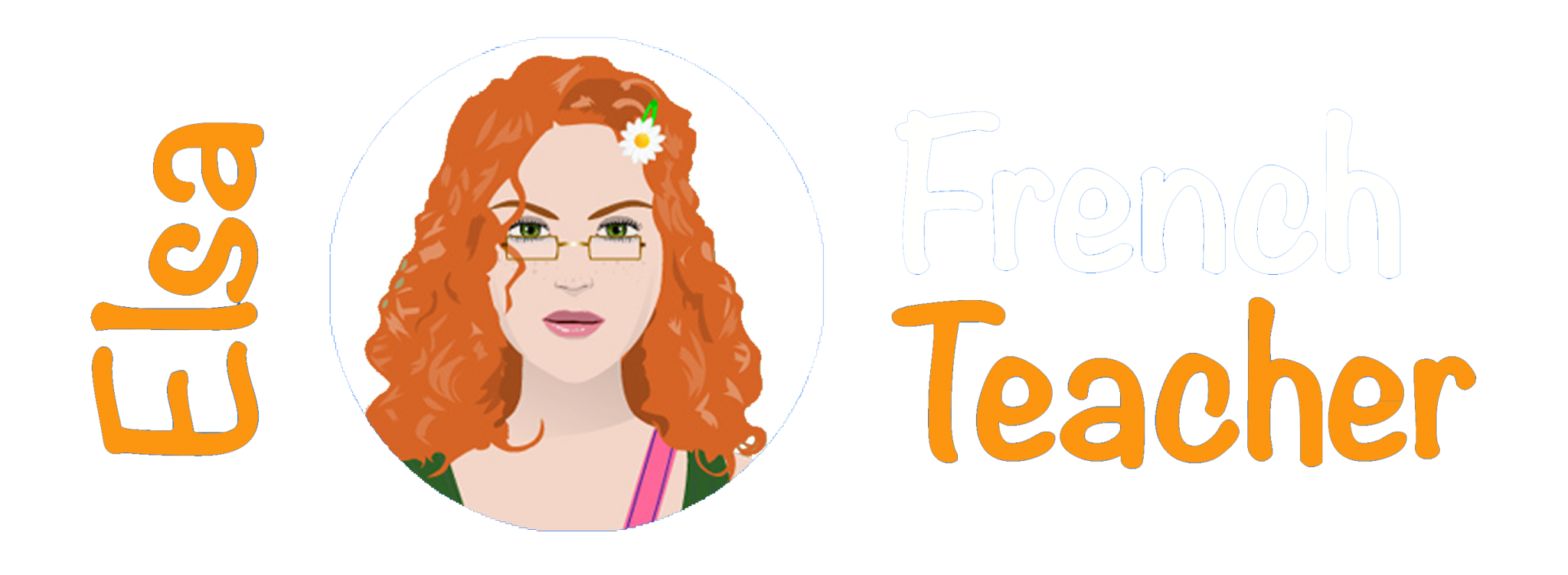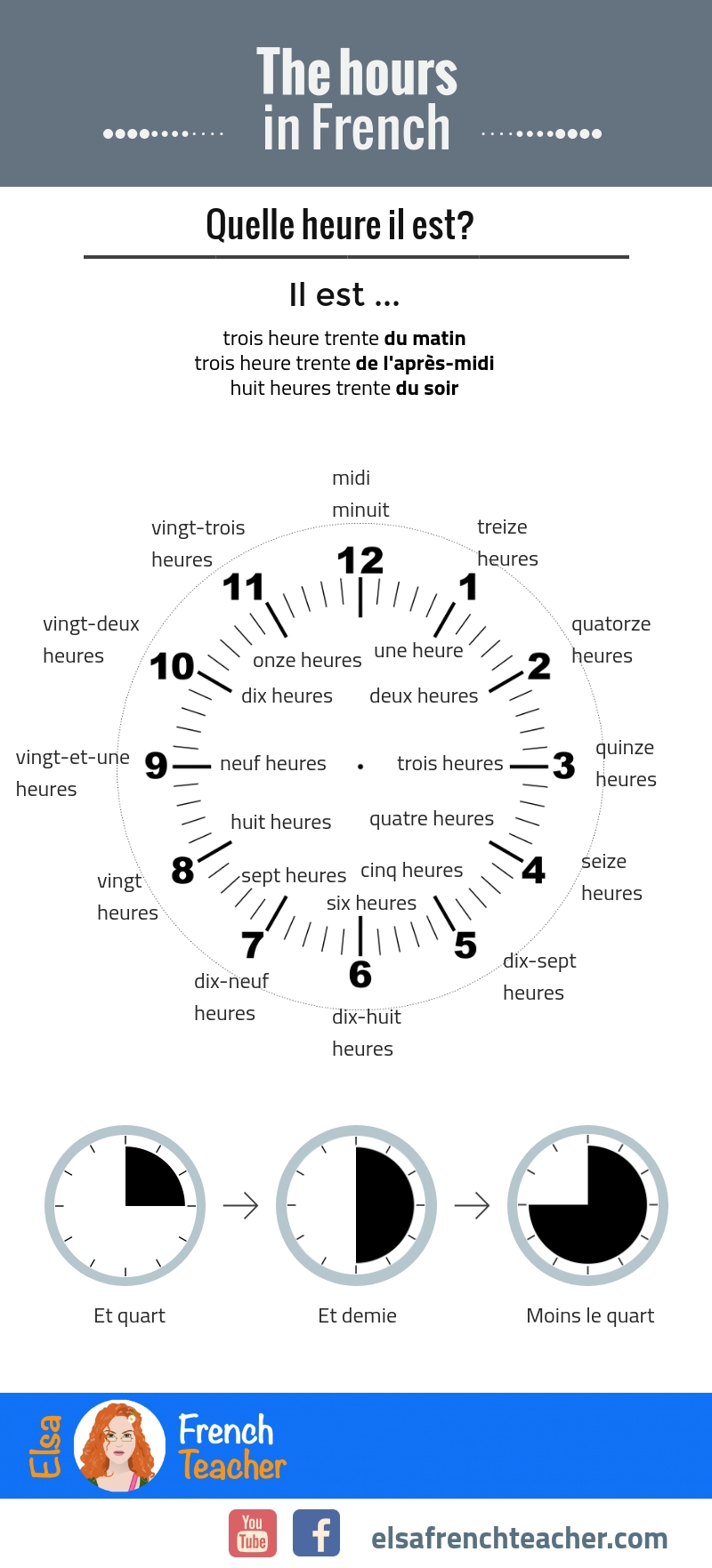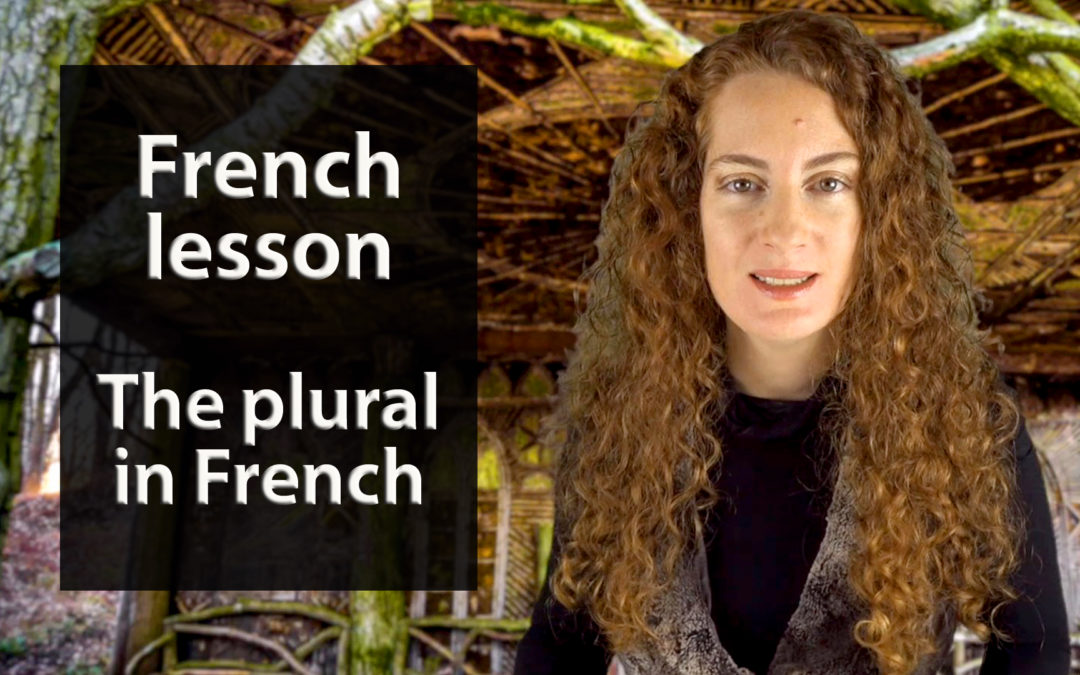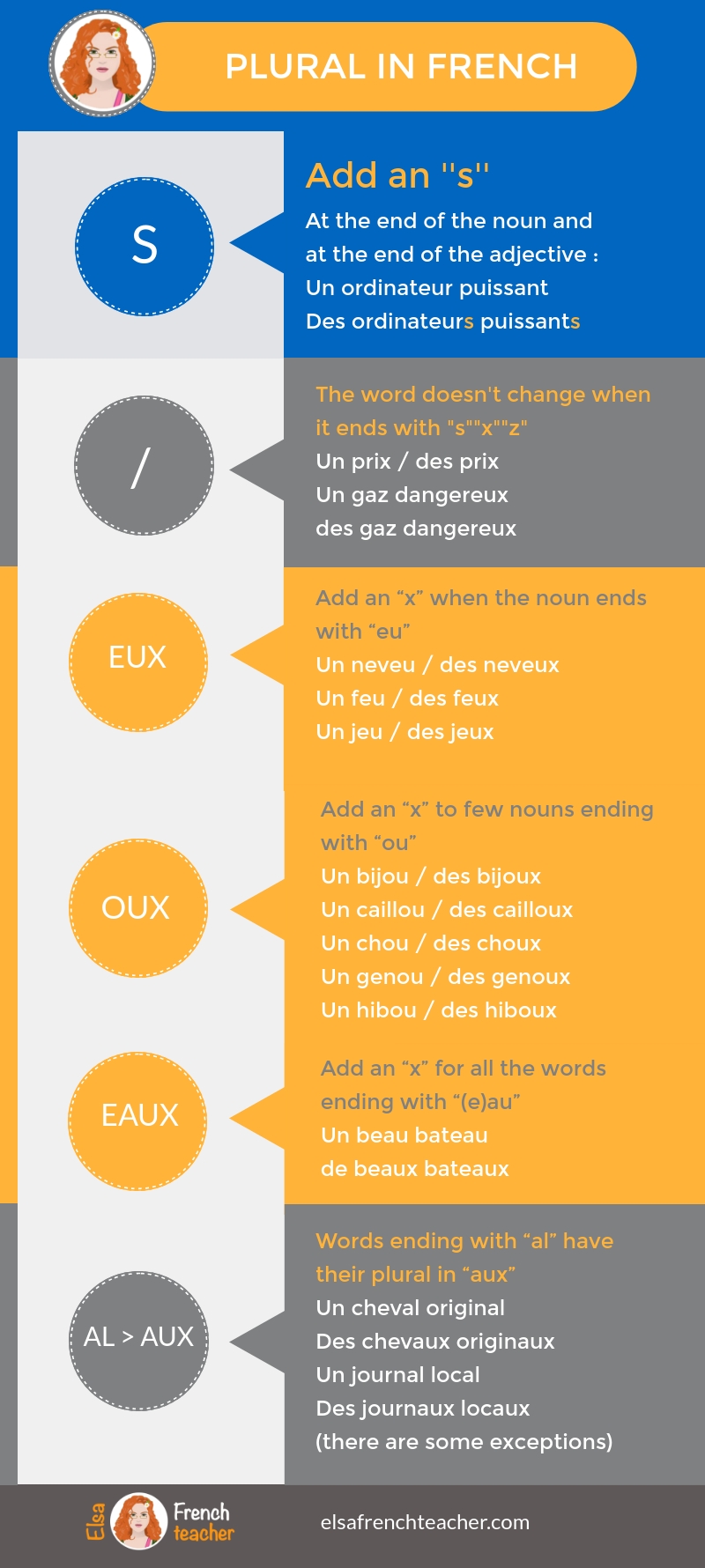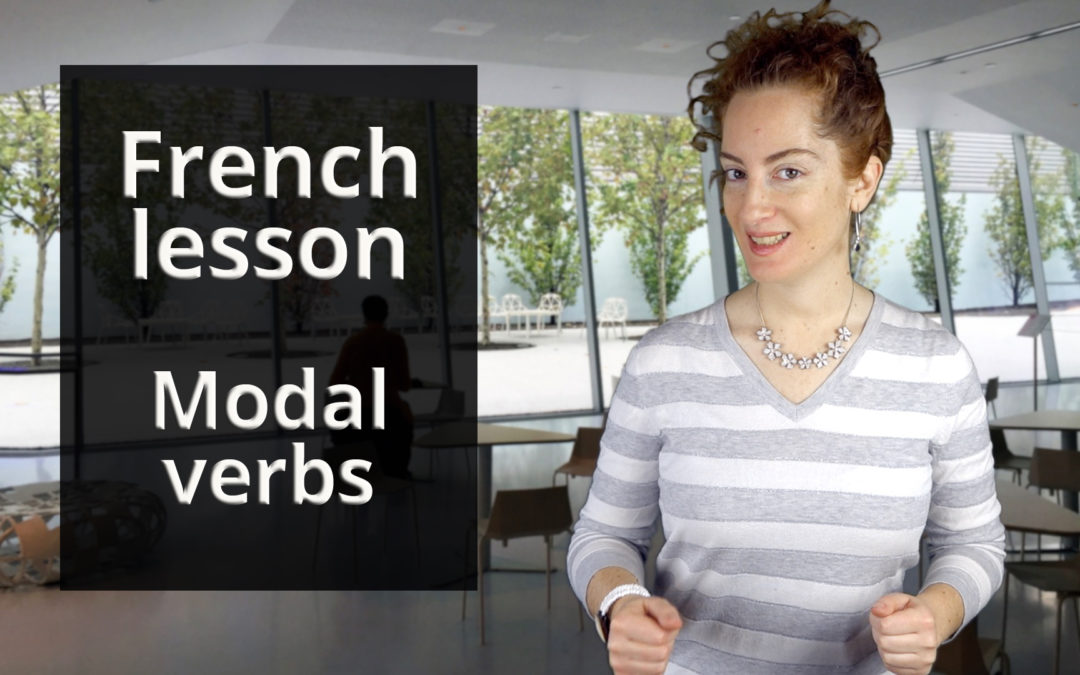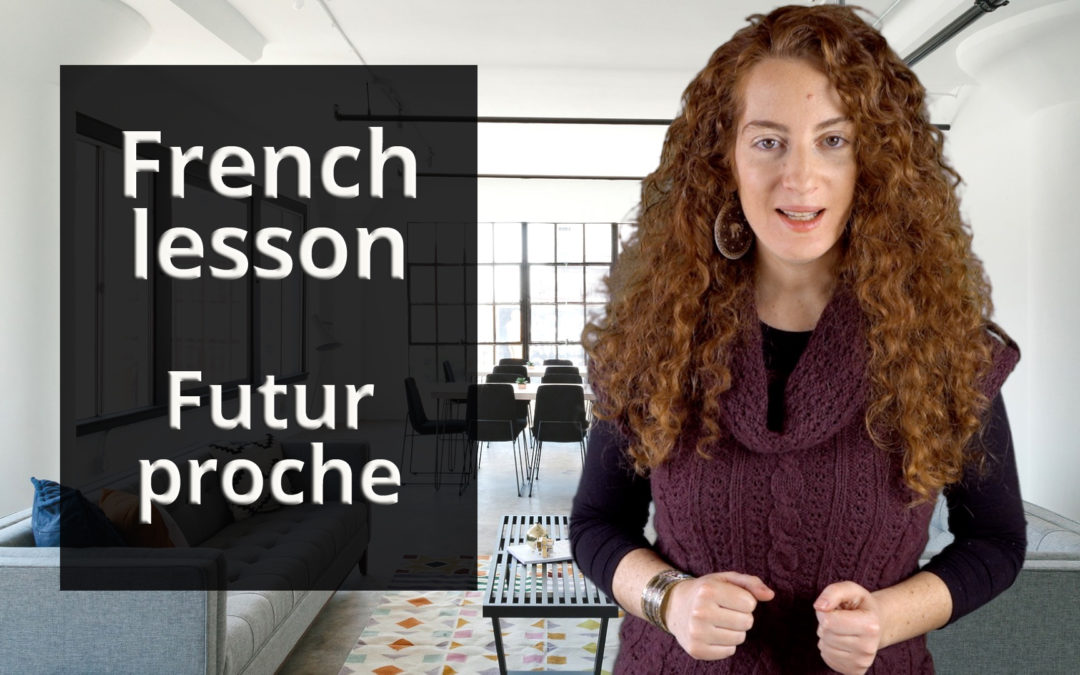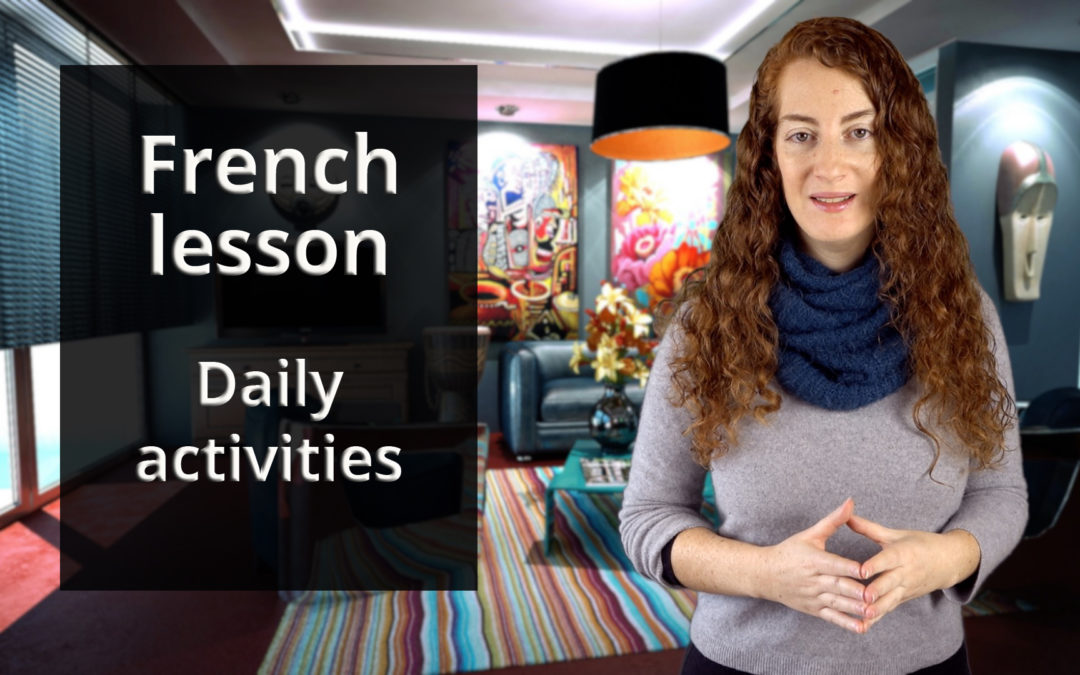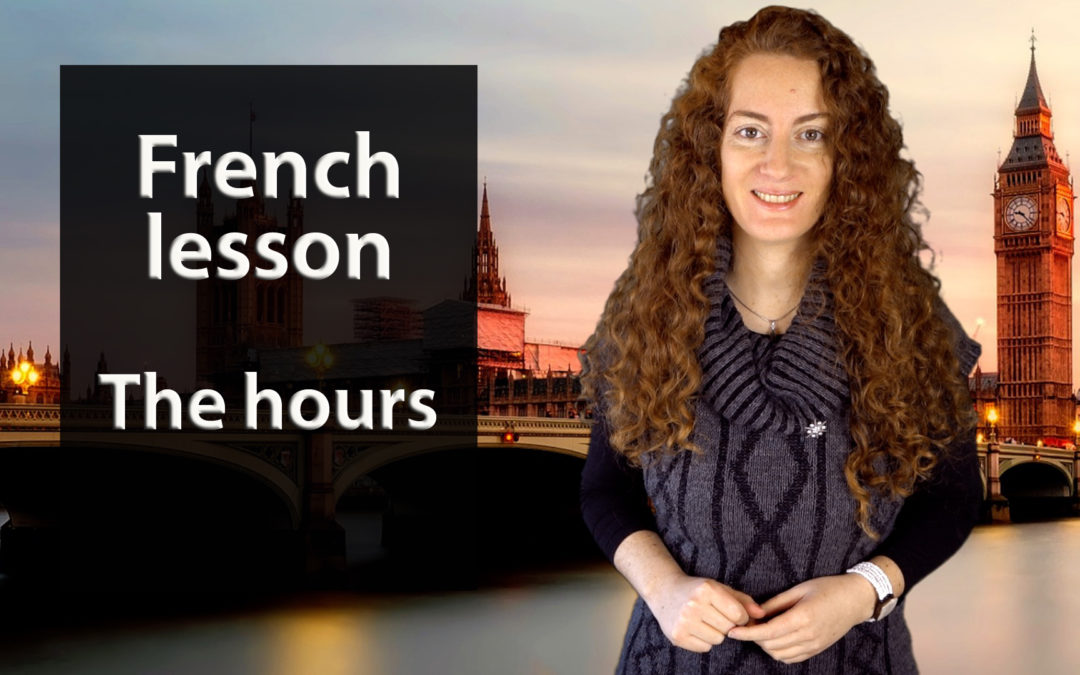
Hours, time in French, les heures
Hours, time in French, les heures
the hours in French
Time in French is not complicated. When you want to give the time, you start with »il est » and you add »heure(s) » after.
- It’s one : Il est une heure [i lé u nœr]
- It’s two : Il est deux heures [i lé de zœr]
- It’s tree : Il est trois heures [i lé troi zœr]
- It’s four : Il est quatre heures [i lé ka trœr]
- It’s five : Il est cinq heures [i lé su͂ kœr]
- It’s six : Il est six heures [i lé si zœr]
- It’s seven : Il est sept heures [i lé se tœr]
- It’s eight : Il est huit heures [i lé wi tœr]
- It’s nine : Il est neuf heures [i lé noe vœr]
- It’s ten : Il est dix heures [i lé di zœr]
- It’s eleven : Il est neuf heures [i lé õ zœr]
- It’s noon / midnight : Il est midi / minuit [i lé mi di / mi nwi]
Sometime for the exact hour, like »it’s one », »it two » etc, we can say: »Il est une heure pile » we don’t use it a lot, only to insist : it’s exactly one, it’s one o’clock.
The minutes
After you add the minutes:
- Il est dix heures cinq
- Il est trois heures vingt
- Il est une heure quarante etc.
It’s important to notice that we never say the word »minutes » after the minutes.
So, if you know how to count until sixty in French you won’t have any problems to give the time. If you forgot when to count, go and check my lesson.
Now you know everything you need to give the time. You can stop here or keep learning some specificities.
Special expressions
As in English, you have some special expressions:
- It’s half past three: Il est trois heures et demie (literally: tree hours and half)
- It’s quarter past three : Il est trois heures et quart (literally: tree hours and quarter)
- It’s quarter past three : Il est trois heures moins le quart (literally: tree hours minus the quarter)
- It’s ten past three : Il est trois heures moins dix
- It’s five past three : Il est trois heures moins cinq
Military time
There is another way to express the time. In English you usually call it military time, but for us it’s not at all military, it’s just normal
We use it a lot, because we don’t have, like in English, the AM and PM expressions, so it’s useful for us. And I must say, this how I prefer saying time, I feel it’s more precise.
So you express it that way :
-
For the AM time you say it as we’ve seen before.
- For noon, you can say : Il est est douze heures [i lé dou zoer] but I prefer il est midi, because it’s clearer, especially for you, you might have problem pronouncing it perfectly, and there might be a confusion between »il est deux heures » and » il est douze heures ». So avoid it and stick to »il est midi »
- It’s 1 PM : Il est treize heures [i lé trè zœr]
- It’s 2 PM : Il est quatorze heures [i lé ka tor zœr]
- It’s 3 PM : il est quinze heures [i lé qu~i zœr]
- It’s 4 PM : il est seize heures [i lé sè zœr]
- It’s 5 PM : Il est dix-sept heures [i lé di sè tœr]
- It’s 6 PM : Il est dix-huit heures [i lé di zwi tœr]
- It’s 7 PM : Il est dix-neuf heures [i lé di znœ vœr]
- It’s 8 PM : Il est vingt heures [i lé v~i tœr]
- It’s 9 PM : Il est vingt-et-une heures [i lé v~i té u nœr]
- It’s 10 PM : Il est vingt-deux-heures [i lé v~i de zœr]
- It’s 11 PM : Il est vingt-tois heures [i lé v~i trwa zœr]
- It’s 12 PM : Il est minuit [i lé mi nwi]
Voilà, and after you add the minutes, as we’ve done before.
Don’t use quarter and half with the military time.
Questions and aswers
Asking for the time
Question : what time is it : Il est quelle heure ? Quelle heure il est ? Quelle heure est-il ?
You answer : Il est … blablabla
Other questions involving time
Question: What time do you wake up? A quelle heure tu te lèves ? (literally : at what time do you wake up)
> we use the preposition »à » before »quelle », even in the answer:
Je me lève à huit heures.
Often you forget the »à », try not to
Clarifications
If someone gives you an appointment at eight : »on se voit à huit heures ». You want to know if it’s AM or PM, don’t hesitate to ask .
» huit heures du matin ou du soir ? »
Expressions
- I am late : Je suis en retard
- I am on time : Je suis à l’heure
- I am early :Je suis à l’heure
Writing
- 3h30
- trois heures trente
- 3:30
Practice
Say it in French :
It’s 1:00 : il est une heure – il est treize heures
It’s 2:30 : il est deux heures trente/et demi – il est deux quatorze heures trente.
It’s 4: 15 : il est quatre heures quinze / et quart – il est seize heures quinze.
It’s 19 : 45 : il est sept heures quarante-cinq – il est huit heures moins le quart – il est dix-neuf heures quarante-cinq
It 23:55 : il est onze heures cinquante-cinq – il est minuit moins cinq – il est vingt-trois heures cinquante cinq
